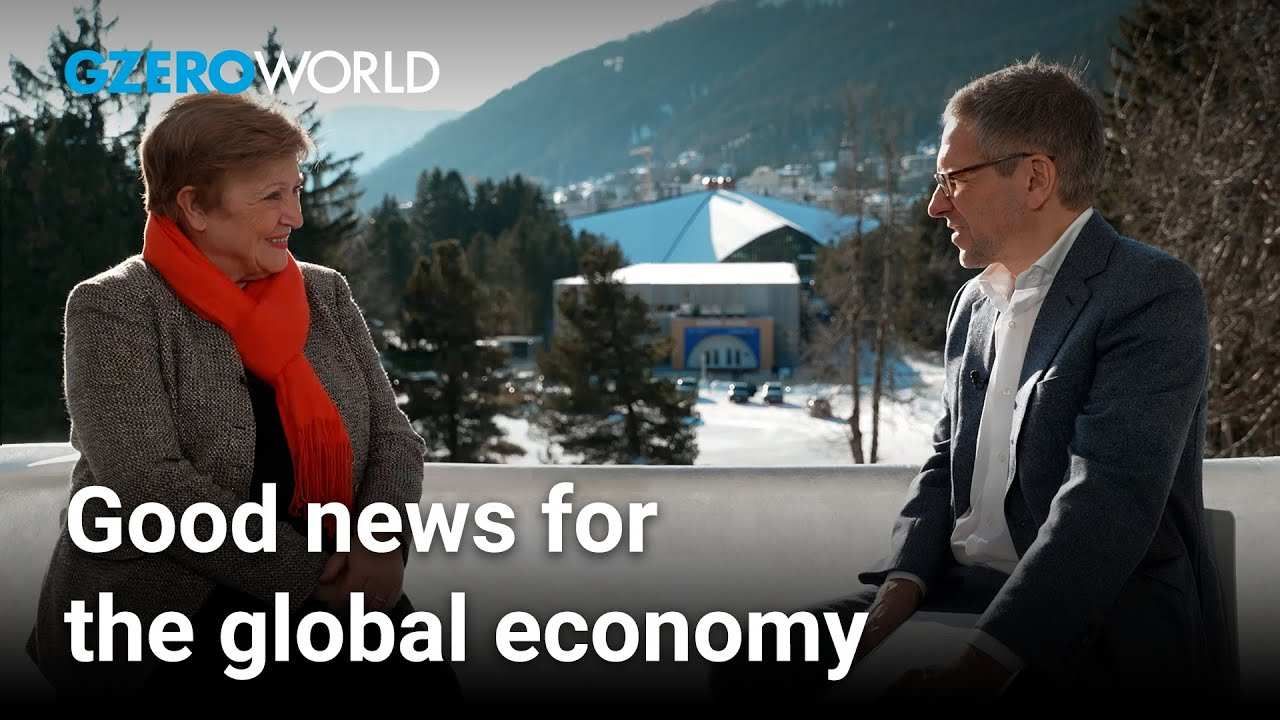News
April 23, 2019
Macron takes the stage – France's embattled President Emmanuel Macron has spent a few weeks listening to the French people, and now he's set to speak about what he's learned. In a speech tomorrow, Macron will unveil several policy proposals – including tax cuts and measures to increase government accountability – meant as a response to the issues of inequality and the urban-rural divide that gave rise to the Yellow Vests protest movement. The speech, initially planned for last week, was postponed when the Notre-Dame cathedral went up in flames. It will be the most politically significant moment of Macron's flagging presidency. Can he turn things around?
The Inglorious Bustards of Pakistan – Since the 1970s, wealthy Gulf Arab falconers have flocked to Pakistan to hunt a fiercely startled looking bird called the MacQueen's Bustard, whose flesh is considered an aphrodisiac. Conservationists say overhunting has put the species in danger, and some Pakistanis have objected for years to foreigners plundering their natural riches. But Pakistan not only makes good money selling the hunting licenses, the cash-strapped country is also dependent financially on Saudi Arabia, whose princes are avid falconers. We're watching, hawk-eyed, to see if Pakistan's Prime Minister Imran Khan is willing to ruffle Riyadh's feathers over this. We doubt it.
What We're Ignoring: A Zero Summit
The Putin-Kim Summit – Russian President Vladimir Putin is set to meet North Korea's Kim Jong-un for the first time at the Russian port city of Vladivostok, not far from the border between their two countries, later this month. We expect little of substance to come from this. North Korea has nothing that Russia needs and can't pay a decent price for anything the Russians would sell. And saddled with sanctions of its own, Russia is unlikely to serve Kim a free lunch to revive his economy. Both men can use the meeting to enhance their international prestige, and Putin certainly loves to pique Washington, but that's about it.
Steve Bannon's "Gladiator" School – Former Trump advisor and poster boy for the slovenly, anti-globalist set Steve Bannon has leased a 13th century Italian monastery in Italy for 19 years (!) to serve as an academy to train populists. Bannon calls it a "gladiator school for culture warriors" that can "save Western civilization." Because nothing says anti-elitist friend of the working man like an academy housed within an Italian monastery. The school's formal name is the Academy for the Judeo-Christian West. We're ignoring this story because we're skeptical that Europeans need an American to explain populism to them, but the film version of this could be spectacular.
More For You

- YouTube
On GZERO World, IMF chief Kristalina Georgieva explains to Ian Bremmer why the global economy—and even the eurozone—is proving more resilient than expected.
Most Popular
- YouTube
At the 2026 World Economic Forum in Davos, GZERO’s Tony Maciulis spoke with Ariel Ekblaw, Founder of the Aurelia Institute, about how scaling up infrastructure in space could unlock transformative breakthroughs on Earth.
- YouTube
Who decides the boundaries for artificial intelligence, and how do governments ensure public trust? Speaking at the 2026 World Economic Forum in Davos, Arancha González Laya, Dean of the Paris School of International Affairs and former Foreign Minister of Spain, emphasized the importance of clear regulations to maintain trust in technology.
- YouTube
Will AI change the balance of power in the world? At the 2026 World Economic Forum in Davos, Ian Bremmer addresses how artificial intelligence could redefine global politics, human behavior, and societal stability.
© 2025 GZERO Media. All Rights Reserved | A Eurasia Group media company.